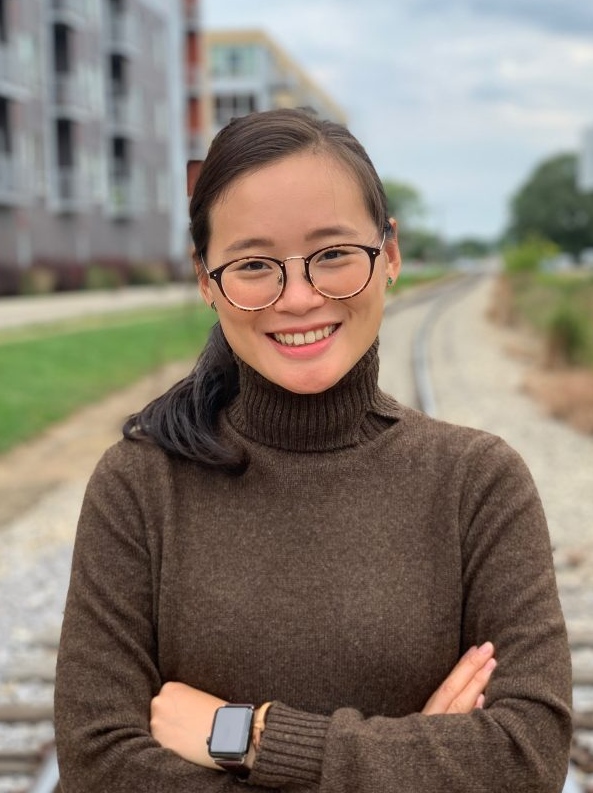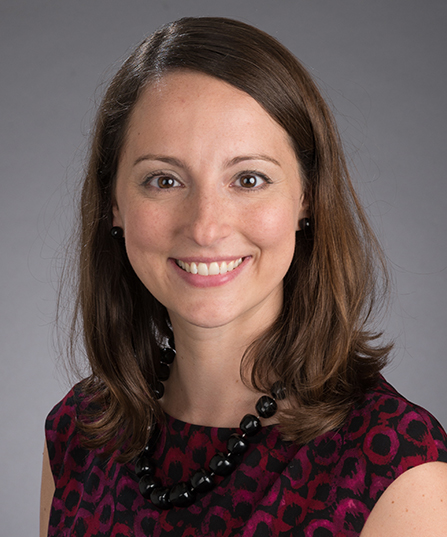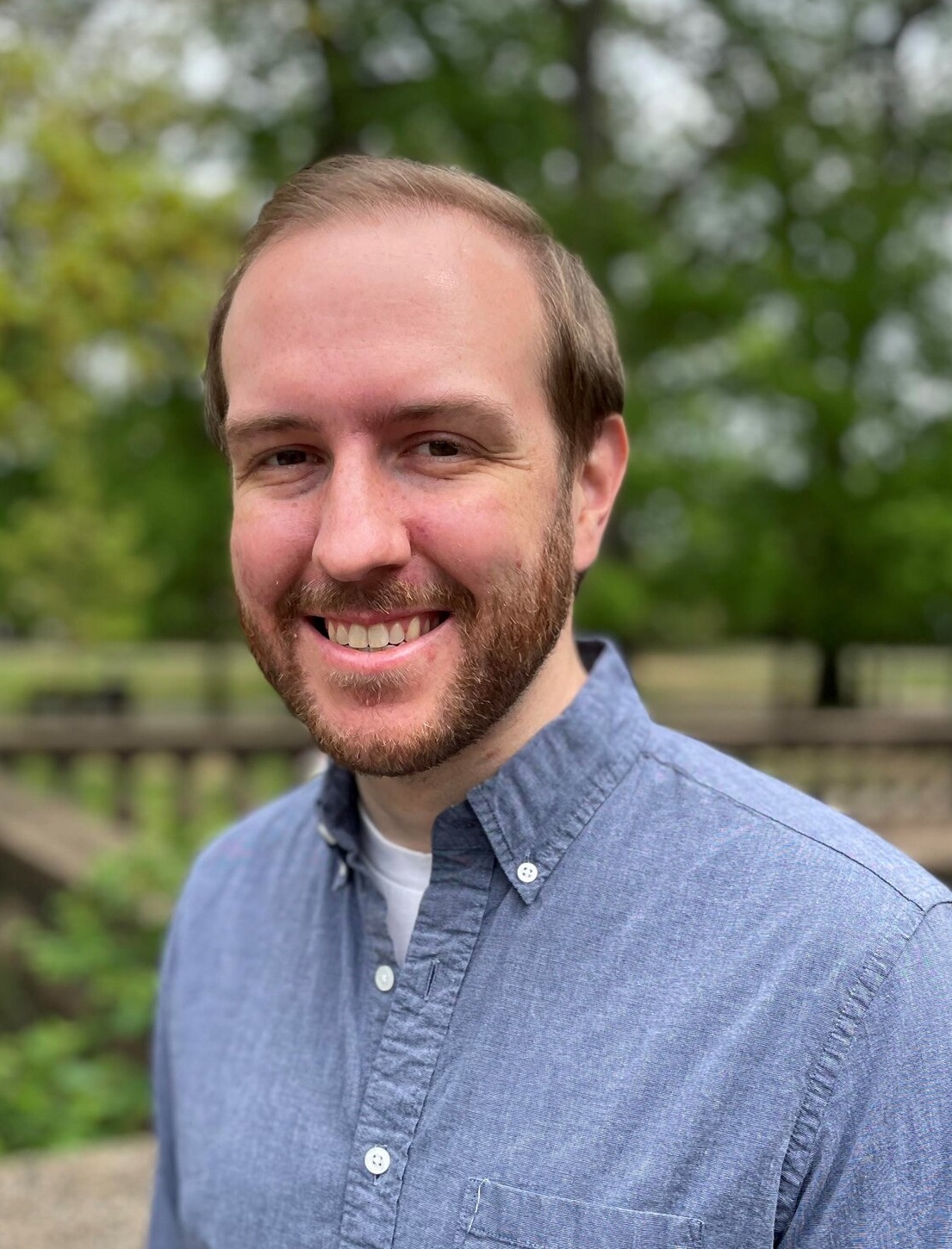COVID-19 Governance Series: Claire Adida, Adeline Lo, Lauren Prather, and Scott Williamson




Author: Matthew Lisiecki
In today’s COVID-19 Governance Series we feature EGAP members Claire Adida (UC San Diego) and Lauren Prather (UC San Diego), along with their co-authors Adeline Lo (University of Wisconsin-Madison) and Scott Williamson (NYU Abu Dhabi). We asked them about their recent article “Refugees to the Rescue? Motivating Pro-Refugee Public Engagement during the COVID-19 Pandemic” in the Journal of Experimental Political Science, and the effect of public health crises on attitudes towards migrants in the United States. For this piece, we interviewed Professor Adida, who spoke on behalf of the research team. We also spoke with representatives of Refugee Council USA (RCUSA), the organization whose messaging program was evaluated in the study.
This study looks at the potential of the COVID-19 crisis to serve as an opportunity to highlight the positive contributions of refugees helping to fight the pandemic. How does this project connect to your broader research agenda? Have you had to adapt your research agenda at all to fit the constraints of conducting studies in the context of COVID?
Claire Adida: Migrants are portrayed in the public realm as either scapegoats or heroes. My previous research has shown how migrants become scapegoated during a public health crisis or during an economic crisis; in the midst of this pandemic, one of the narratives I kept seeing in the media was that of the migrant hero. Migrants are the health workers keeping us safe. Migrants are the essential workers ensuring our basic needs continue to be met. These narratives reminded me of the time France gave citizenship to a West African migrant after he scaled up the wall of an apartment building to the fourth floor to save a boy who was about to fall. These hero narratives are often used by the media and by refugee advocates. Do they work to increase public engagement with migrant rights and inclusion? In a way, there wasn’t much pivoting to investigate this question: it is one manifestation of the kinds of research topics I’ve been investigating for the past 15 years; and it reflects the work this team (Adeline Lo, Lauren Prather, Scott Williamson – and also with Melina Platas) has been doing on empathy, family history, and attitudes toward immigrants and refugees.
Similarly, we are curious about the origins of the study from the implementing partner perspective. Were you already working together, or did this partnership come together in the context of understanding the impact of the COVID pandemic on refugees and refugee organizations? Were there any particular obstacles in getting the project off the ground?
RCUSA: Refugee Council USA has been working with member-organization Refugees International and others as part of the Refugee Advocacy Lab, pursuing strategic messaging research around support for refugees and refugee resettlement. When the COVID pandemic began, we knew as a coalition the ways refugees were going above and beyond to support their communities and understood the importance of gaining greater insight for how this knowledge would affect perceptions of refugee resettlement.
As for getting the project started, the only real obstacle was time: being unsure of what was happening with the pandemic itself and its evolution with the need to narrow down the refugees to highlight.
What were the primary findings from this project, along with the implications of those findings on policies related to migrant inclusion?
CA: We used Facebook’s advertising experiment tool to test how users would respond to different versions of migrant narratives currently used by groups like RCUSA and Refugees International. We chose Facebook because we were interested in using a media platform that RCUSA and Refugees International already use to interact and engage with the public. We randomly assigned FB audiences to see different versions of the same ad. We then assessed user engagement by measuring whether or not they clicked on the ad.
Users saw variants on a narrative about refugee doctors fighting COVID, and variants on a narrative about a refugee neighbor delivering groceries. In the doctor narrative, we tested whether mentioning COVID, and whether the refugee or the immigrant label, made any difference in engagement. In the everyday neighbor narrative, we varied the location mentioned in our ads to reflect a more or less local connection to the Facebook users. Specifically, since the refugee in question lives in Lancaster, PA, we varied whether or not our ad mentioned Lancaster, Pennsylvania, or the USA, and we broadcasted the ad to Lancaster-based Facebook users only. Finally, in this narrative, we also tested whether mentioning COVID changed engagement.
Our findings suggest that mentioning the COVID-19 pandemic explicitly makes no difference in engagement with the ads. It is possible that this null effect can be explained by the salience of the pandemic in Americans’ lives (this experiment was fielded in late Summer 2020), but it is also noteworthy that mentioning COVID did not discernibly decrease engagement as one might have expected, given the potential demobilizing effects of anxiety.
We also found that labeling the individual in our ads as a “refugee doctor” or “immigrant doctor” increased click rates relative to ads in which the individual was labeled only as a “doctor”–and with no discernible difference in engagement between refugee vs. immigrant labels. This pattern suggests that in the context of the pandemic, emphasizing the refugee or immigrant origins of those who fight against the virus can generate engagement with refugee advocate organizations.
Finally, we find evidence that Facebook users from Lancaster engaged with the ads more when these referenced refugees volunteering in their own community, implying that speaking to a more local audience by showing the efforts of refugees in their communities can generate more engagement with advocates.
How do these findings complement the existing literature on migrant inclusion and public health crises?
CA: The most interesting finding to me was actually our null result on the mention of COVID-19. Mentioning the virus did not decrease engagement, but mentioning the migrant origin of a doctor did. I think this is encouraging news for refugee advocate organizations fighting against a possible increase in prejudice against perceived outsiders during a public health crisis. The existing literature, and frankly our country’s own immigration history, has shown us over and over again that public health crises prompt exclusion, prejudice, discrimination, and even violence against out-groups. What our findings show is that public narratives can effectively push back against this. We know that the words employed by our leaders, our advocacy organizations, and our media matter: calling COVID-19 the “China virus”, for example, demonstrably increases xenophobia. What we see is that words and narratives can also be used for inclusion. Increasingly, a literature in political science–to which my co-authors and I have contributed–is showing the promising role of empathy and perspective-taking in increasing inclusionary attitudes toward vulnerable minoritized groups. Our findings contribute to this literature by analyzing whether and how different narratives matter.
At the same time, from an ethical perspective, these findings give me pause. Should we fight for refugee inclusion because refugees “deserve” it? That is certainly not what the UN Refugee Convention is about, nor is it the belief of refugee advocates. If the greater objective is that we should support refugees regardless of whether or not they contribute to society in some heroic way, then we need to do more work on how to increase support for refugees, and not for an ideal refugee type.
For the implementing organization, how has your organization’s participation in this study affected programming decisions made since the results became available to you?
RCUSA: Our participation in the study has reemphasized for us the importance of crafting our messaging for the community, increasing the opportunities for people to find paths to empathy and understanding.
For more information on Refugee Council USA and their work, visit their website: https://rcusa.org/.